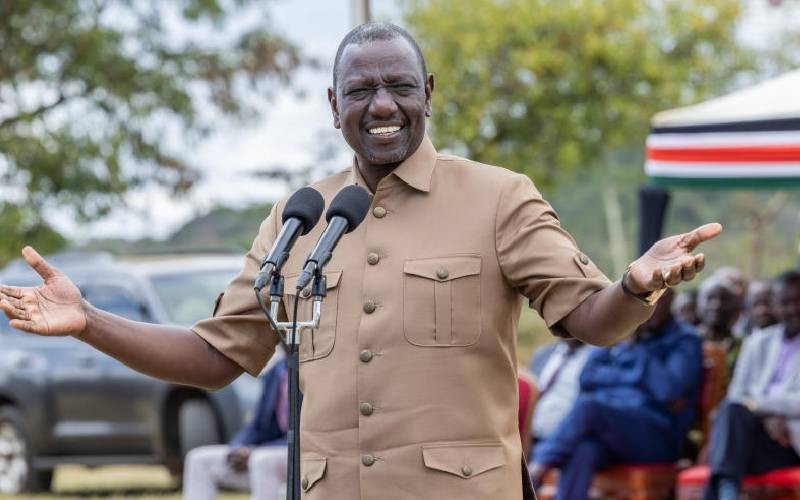×
The Standard e-Paper
Join Thousands Daily

It will take President William Ruto seven years and more than Sh2.3 trillion to make the Kenya Kwanza manifesto a reality, according to an Executive report presented during the Cabinet retreat in Naivasha on Tuesday.
The report explains that implementation of the first phase of the master plan will start with the FY2022/23 Programmes Project Budget which are projected to cost Sh220,289,288,763.